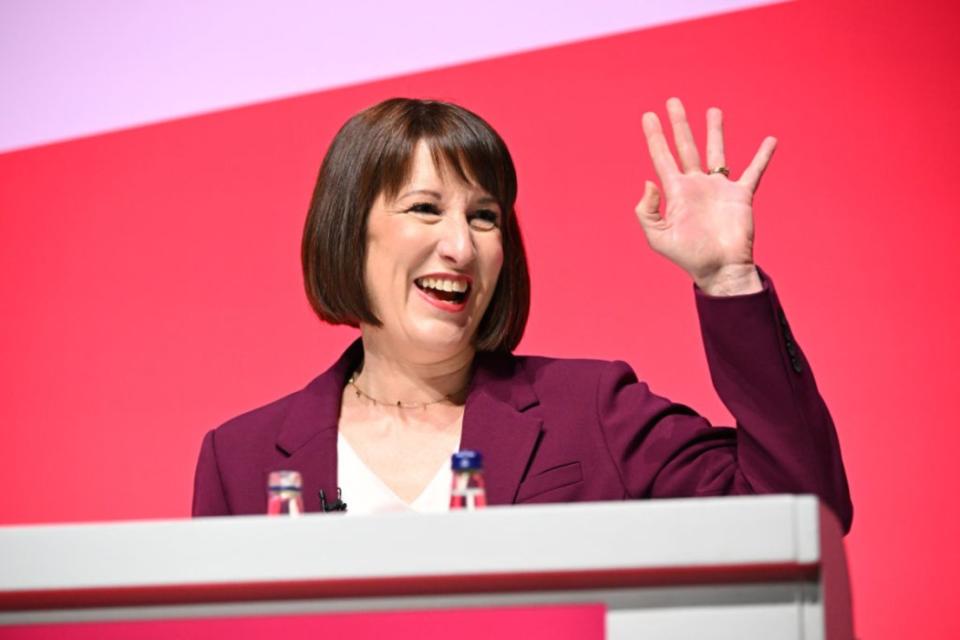Capital gains tax could be hiked to almost 40 per cent

Capital gains tax could be hiked by Chancellor Rachel Reeves to almost 40 per cent in the Budget, according to reports.
The Guardian has reported that the Treasury is modelling a range of between 33 per cent to 39 per cent.
Around 350,000 people pay the wealth tax with is levied on the sale of assets such as second homes and shares but at lower rates than income.
According to the report, sources in Whitehall say there is increasing concern about the limited options for tax rises about of the Budget on 30 October.
The Institute for Fiscal Studies (IFS) think tank warned this week that Reeves will have to raise as much as £25bn in tax in order to “avoid austerity”.
The news comes after both Reeves and Keir Starmer pledged that they would not raise taxes for what they described as “working people” in the lead up to Labour’s general election victory a few months ago.
Last week, the IFS said that capital gains tax should be subject to “serious reform” in the Budget if the Chancellor wants to raise revenue and boost growth.
The IFS said the current design of capital gains tax “reduces UK productivity and growth” by discouraging investment and distorting the flow of capital in the economy.
Capital gains tax currently raises £15bn a year.
The rate sits at 20 per cent on all chargeable assets other than residential property, where the tax is levied at 24 per cent on homes that aren’t a primary residence.
In contrast, the highest rate of income tax is 45 per cent.
Earlier this month, hiking capital gains tax would probably end up costing the Treasury more than it raised, according to leading tax experts at EY.
Experts at the Big Four firm told City AM that raising capital gains tax rates would likely do more harm than good.
“This would be one of the areas which is likely to have a lot of impact on particular people’s decisions, but probably not result in much in terms of gains for the government,” Chris Sanger, EY’s UK tax policy lead said.
The ‘real question’ behind capital gains tax hike
Rachael Griffin, tax and financial planning expert at Quilter, said: “It is well understood that capital gains tax is in the crosshairs ahead of the Labour’s first budget later this month, and an increase no longer seems to be an ‘if’, but a ‘when’ and ‘how much by’.
“Reports today that Chancellor Rachael Reeves is considering hiking capital gains tax rates to between 33-39 per cent are not all that surprising given an alignment to income tax rates had previously been tabled, but questions remain whether such a drastic hike would achieve much in the way of filling the Chancellor’s ‘black hole’.
“A full-scale reform of capital gains tax has perhaps been deemed too lengthy a process for the Chancellor to take on, so hiking rates may be viewed as a stop gap in the hopes of boosting coffers in the nearer term.”
However, Griffin added that the “real question” will be whether the hike would actually raise more tax – “which is only likely to be in the hundreds of millions at best – or whether it would simply make people change their behaviour”s”.
She said: “Unless there is a delay before implementation, increasing capital gains tax rates would likely only incentivise people to hold assets for the long term rather than result in a quick and immediate increase in revenue.
“At this stage, nothing has been confirmed so unless realising gains from investments or selling a second home or business had already been in your plans, making decisions based on what might happen is not sensible.
“Nonetheless, given the already tight squeeze on the various tax allowances and thresholds, as well as the rumours which are rapidly building ahead of the budget, it would be wise to ensure you seek professional financial advice where possible to help you make the most tax efficient decisions for your circumstances.”